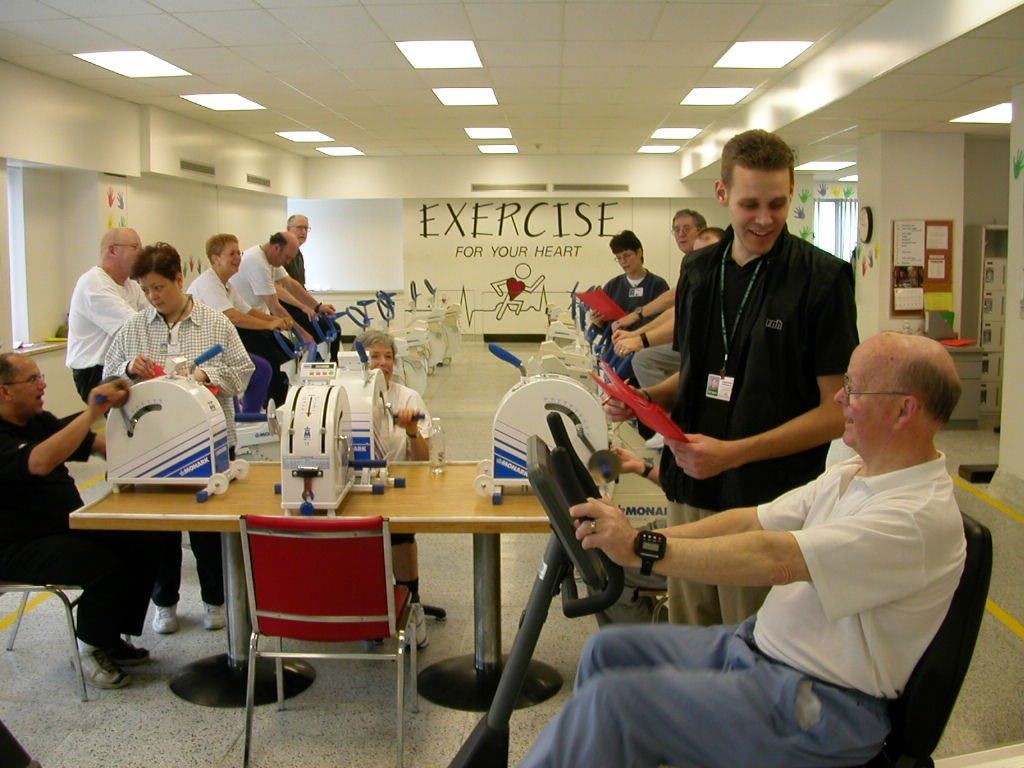Kapanol Abuse Treatment Facilities
Residential Treatment
Basic residential treatment is estimated to cost between $2,000 and $25,000 and often includes assessments and 24-hour supervision. Long-term residential services, lasting 60 to 90 days, can cost twice as much.
For 30 days of treatment, luxury rehab facilities may charge upwards to $25,000 Private treatment centers usually charge less.
Outpatient Rehab
Outpatient care allows patients the freedom to live at their own homes while they receive treatment. Patients learn how to live drug-free at home through a series of appointments. A three-month outpatient program can often cost around $5,000. Outpatient treatment may be available at some facilities for up to $10,000.
Intensive Outpatient Rehab
Intensive outpatient care is a more thorough form of outpatient healthcare. It generally involves multiple appointments per semaine that last approximately three hours each. This type of care costs anywhere from $3,000 to $10,000 for 30 consecutive days.
Partial Hospitalization Programs
Partial hospitalization programs are for patients who require intensive treatment during the day and can return to their home in the evening. PHP typically costs between $350- $450 per hour.
Medication-Assisted Opioid Treatment
The U.S. Department of Defense published a report in 2016 that estimated the cost of different opioid treatment programs.
Methadone-assisted therapy that includes daily integrated psychosocial, medical, and psychological support costs $6552 annually, while naltrexone assisted treatment which includes drug administration and other related services costs $14 112 per annum.|Methadone-assisted care includes daily integrated psychosocial support and medical support, which costs $6,552 per annum, and naltrexone, which includes drug administration, costs $14,112 each year.|Methadone treatment, which includes medication and two weekly visits, is $6,552 per a year. Naltrexone treatment, which includes drug administrations and related services, is $14,112 per a year.|Methadone assistance includes daily integrated psychological and medical support. It costs $6,552 annually. Nartrexone-assisted treatments that include drug administration and related services cost $14,112 annually.}
Cost-Free Programs
Although treatment centers can be expensive, there are some that offer payment assistance and sliding fee scales. Other facilities offer programs for free, funded by state taxes. These programs, which are state sponsored, often have long waiting list.
Recovery people can also look into support groups such a Narcotics Anonymous, Alcoholics Anonymous, and Narcotics Anonymous. These 12-step programs have been helping millions of people to achieve and maintain sobriety for more than 60 years through regular meetings. You may also find free treatment from faith-based organisations.


